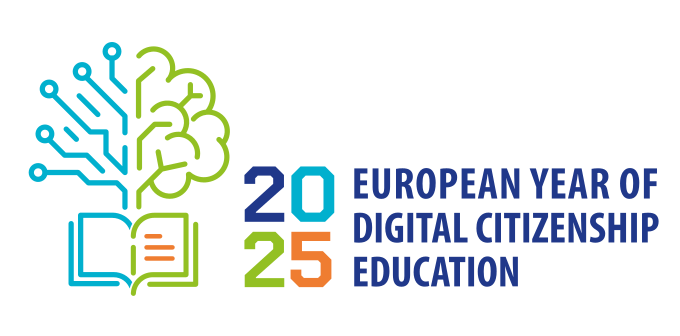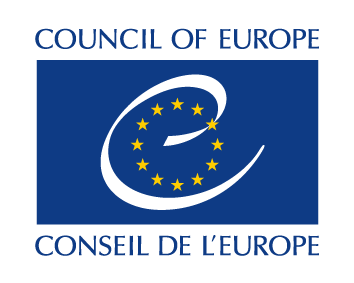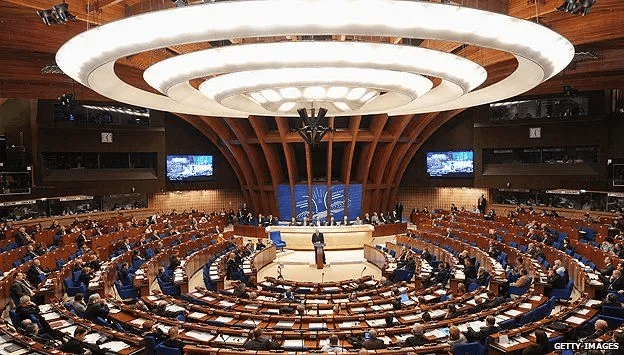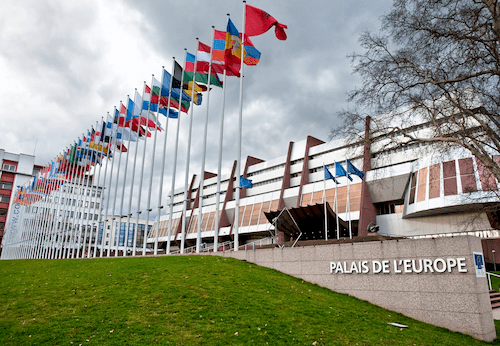The Standing Conference of Ministers of Education of the Council of Europe member states designated the year 2025 as the “European Year of Digital Citizenship Education” at its 26th session on 29 September 2023. This initiative aims to address the urgent need for increased efforts and investment in digital citizenship education to effectively respond to challenges and opportunities that have emerged or been amplified by digital technologies and environment.
The European Year of Digital Citizenship Education 2025 stands as a unique opportunity to enhance the visibility and impact of digital citizenship education and reaffirm its value. This designated year will provide a strategic platform for key stakeholders from the public, private and civil sectors to work together, set common goals and share sense-making practices. It will also provide a concise yet impactful space for measuring achievements and collectively defining a road map for the future of digital citizenship education. Through streamlined efforts, this initiative is expected to propel digital citizenship education forward, ensuring its resilience and effectiveness in the ever-evolving digital landscape.
The Council of Europe will deploy an ambitious plan to bring this initiative to life, in particular by organising international events, implementing innovative social media campaigns and working closely with various stakeholders including Ministries of Education, educators, learners, academics, the private and civil sector organisations and youth organisations.
This pan-European initiative is open to everyone, with the aim of raising awareness and taking collective action to promote informed and responsible digital citizenship.
















